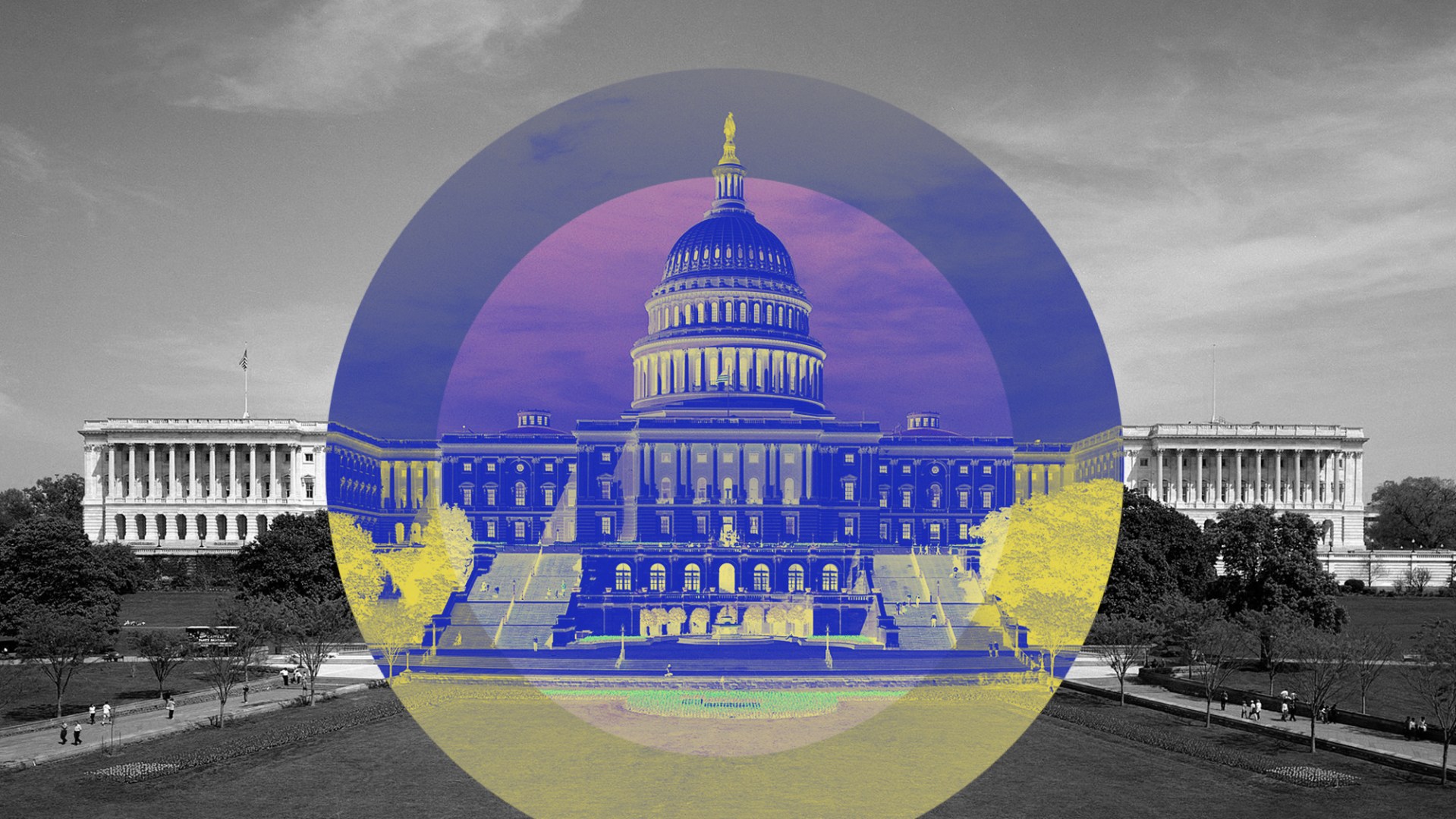Over the past several months, the Fellowship Foundation (also referred to, inappropriately, as "The Family"), its leadership, and its activities have come under intense scrutiny in the press. That these good people have any agenda of theocratic control of the U.S. Congress, the military or the entire government, as alleged in some recent news reports, is preposterous.
They are not a secretive organization—such as a Christian Mafia—with a plan to do anything other than help people follow Jesus.
As a non-profit organization, the Fellowship Foundation serves as an administrative umbrella for more than 200 ministries in the United States and around the world. The broader "fellowship" is an association of friends who have a commitment to follow Jesus and stay relationally connected, whether or not they are formally connected through a ministry organization. The essence of their teaching is to encourage love for God and others, always in keeping with biblical principles. Some of the ministries focus on student leadership development, others on helping the poor in Africa or Haiti, and others on widows and orphans.
The ministry to Members of Congress through the Congressional Prayer Groups, understandably, often receives a disproportionate amount of attention. Another ministry administers the National Prayer Breakfast. This annual event started during the Eisenhower Administration, when the House and Senate Prayer Groups joined together to invite the President for breakfast and prayer. Since that time it has evolved to include other national and international legislative prayer groups, heads of state, and leaders from all walks of life. The Fellowship Foundation administers this event on behalf of and under the direction of the Congressional Prayer Groups.
For over 25 years we have participated in one of these prayer groups. Small groups are not unique to "the Fellowship," for they have been a part of Christian community since the time of Jesus. Our own small group is composed of Republican and Democratic members of the Congress, some of whom are now retired. We leave our labels at the door, and we enjoy an hour of reading the Scriptures, personal updates, and prayer. In times of personal and professional crises, these friends have stood by each of us regardless of party affiliation. They did this at their own cost and sometimes at professional risk, but they believe that "there is no greater love than to lay down your life for your friend" (John 15:13).
There are many such groups on Capitol Hill, in Washington, and throughout the nation, where men and women come for accountability and spiritual support. In these groups every participant has an equal voice and is equally valued, with no regard for public or professional status. Some of the groups in which we have participated have included policemen, pastors, journalists, businessmen, and the unemployed. They often include people from opposing parties and different races or walks of life, all with a common goal of spiritual growth.
Friends from these small groups are more than just encouragers for an hour a week, for they often become extended family to one another, thus the informal use of the term "family." It is always refreshing to walk into a room where we are valued for our humanity, with no reference to having been a Congressman and an Ambassador; where we matter to God and to brothers and sisters, rather than to lobbyists and activists; where we are asked about the issues of our hearts, such as our marriages and children, rather than our position on taxes; and finally where we matter because God loves us, rather than because we will vote for or with someone.
This kind of fellowship and sincerity requires a level of confidentiality during small group meetings in order to promote trust and openness amongst the group. For deeper honesty and confrontation—and reconciliation when necessary—trust (and thus confidentiality) is essential. In political life, confidentiality allows those from opposing parties to sit together without fear of reprisal from their leadership, and it increases the level of civility amongst colleagues and minimizes the polarization of partisanship.
The confidentiality with which these groups operate is the same principle that has made Alcoholics Anonymous a safe place for people to start the process of recovery from addiction without fear of being ostracized by society. As a national leader it is important to have a safe place to discuss personal matters of faith freely, where you will not be used by an organization for its own agenda or ostracized by your party for expressing matters of faith. The Fellowship is one of many organizations that support these kinds of relationships in the nation's capital, and it has done so without seeking attention for itself—one reason, frankly, that it has remained effective.
Finally, the Fellowship does not advocate any sort of theocratic take-over of the government, and to make such an allegation misunderstands and misrepresents Christian ministry. All the Fellowship associates (an informal term, as there is no such thing as membership or hierarchy therein) encourage individuals to grow in their love for God and others, to seek reconciliation and accountability in their own lives, and to do good for others and our society. Our friends at the Fellowship Foundation have done a tremendous service to this country by helping leaders focus less on their own ambition and more on the things of Jesus.
Frank Wolf is a senior Republican member of the U.S. House of Representatives from the Commonwealth of Virginia, and is the Co-Chairman of the Tom Lantos Human Rights Commission.
Tony Hall is a former Democratic Member of Congress and U.S. Ambassador. He is a co-founder of the Congressional Hunger Center, and has been nominated three times for the Nobel Peace Prize for his work in fighting hunger.
Copyright © 2009 Christianity Today. Click for reprint information.
Related Elsewhere:
Christianity Today previously wrote about The Fellowship and covered the Sen. John Ensign and Gov. Mark Sanford stories at our politics blog.









